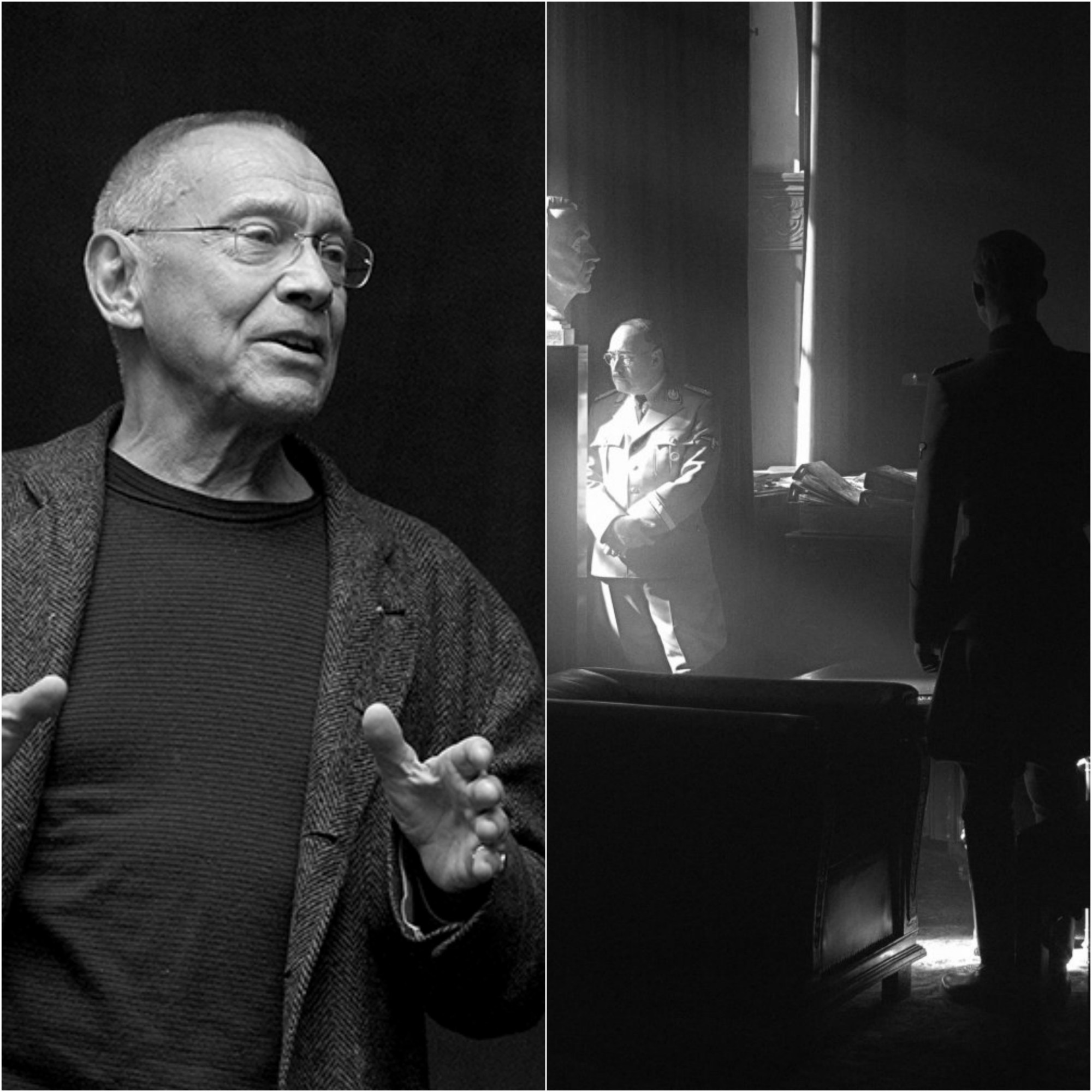
- Interviews
In Andrei Konchalovsky’s ‘Paradise’, A Stern Warning From The Past
Andrei Konchalovsky's РАЙ (Paradise) – winner of Venice’s Silver Lion for Best Director and Russia’s submission in the foreign language film category of the Academy Awards – is, according to its director, writer and producer, a stern warning: ”History is full of great tragedies, most of which remain in our minds as ancient misdeeds that couldn’t possibly be replicated in the present day”, he says. “What has happened is a warning. It must be continually remembered.”
"Paradise is a chamber drama which follows three main characters whose lives are interwoven against the backdrop of the Second World War", Konchalovsky explains. "Each character demonstrates one’s ability to manifest great strength, yet also succumb to unbearable weakness and fanatical convictions. Olga, a Russian aristocrat and member of the French Resistance; Jules, a fun-loving Frenchman who becomes a ruthless Nazi sympathiser; and Helmut, a well-educated heir to a noble German family who rises through the ranks of the SS developing a set of questionable morals along the way. Motivated by the atrocities of war, each character makes a significant life-altering decision based on their own belief of what is right. Paradise reflects on a 20th century filled with great illusions buried in ruins, the dangers of hateful rhetoric and the need for mankind to use the power of love to triumph over evil."
Konchalovsky continues: "One of the most terrifying moments of our generation’s history was the rise of the Nazi party and the extermination of millions of Jews and others who did not fit into the Nazi ideal of a ‘perfect’ German ‘paradise’. These atrocities exposed the depths of mankind’s capabilities for evil and although these events happened in the past, the same kind of radical and hateful thinking is apparent today and threatening the lives and safety of many around the world. It was possible for this to happen, and it remains possible for it to happen again at any minute."
From the very beginning Konchalovsky decided to to shoot Paradise in black and white, in the three languages – Russian, German and French – of the characters, in order to reach the highest degree of authenticity, and to make the characters’ monologues more personal, bringing the film closer to a documentary. Konchalovsky’s main goal was for the audience to feel they are watching archival footage that has been edited to create one final coherent story, with a focus not on the melodramatic but instead on observations of life and death and the impending doom.
"Only in knowledge can prevent the repetition of this tragedy", Konchalovsky warns. "The danger here is in the unwillingness to know, the urge to forget, and the disbelief that all of this actually happened. The words of German philosopher Karl Jaspers are tied strongly to the central theme of Paradise: we must not forget the truths of history, no matter how horrifying or inconvenient, so that we do not repeat them."